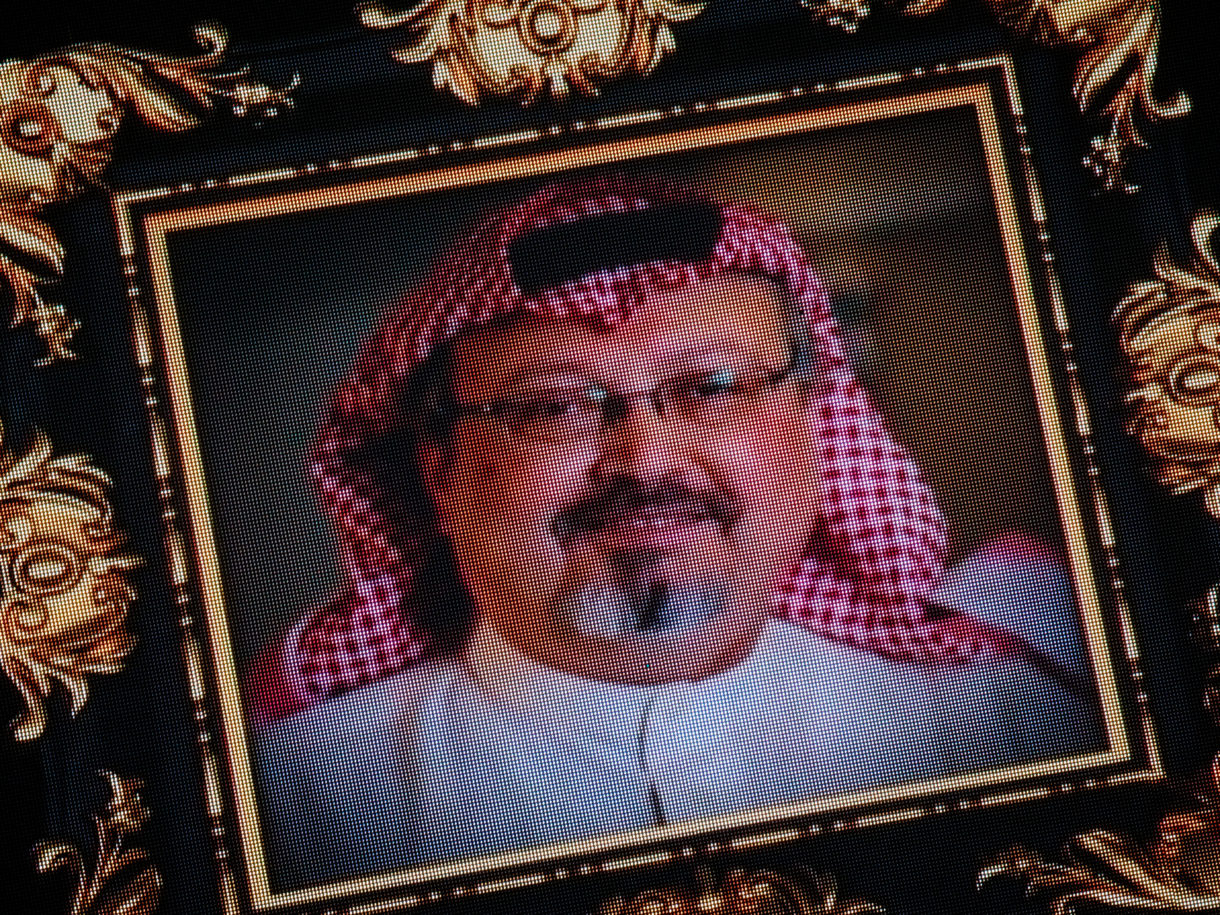Updated at 5:06 p.m. ET
President Trump declared on Tuesday that his administration will remain a “steadfast partner” of Saudi Arabia, despite the CIA’s assessment that Saudi Crown Prince Mohammed bin Salman personally approved the killing last month of journalist Jamal Khashoggi.
“Maybe he did and maybe he didn’t,” Trump said of the crown prince’s knowledge of the killing.
The president’s statement suggests he has no plans to further punish the crown prince or the Saudi government, although Trump said he would be open punitive measures if Congress demands them. But he stressed he would weigh any such steps against American interests as he sees them.
“If we abandon Saudi Arabia, it would be a terrible mistake,” Trump told reporters.
The CIA has not publicly commented on its assessment, but according to an individual briefed on the matter, intelligence officials believe the crown prince approved Khashoggi’s Oct. 2 killing at the Saudi Consulate in Istanbul. Trump spoke over the weekend with CIA Director Gina Haspel.
Trump noted that his administration has already sanctioned 17 Saudis thought to have played a role in Khashoggi’s killing, but he declined to go further, stressing the close strategic and economic ties the U.S. has with Saudi Arabia.
“We may never know all of the facts surrounding the murder of Mr. Jamal Khashoggi,” Trump said in a statement. “In any case, our relationship is with the Kingdom of Saudi Arabia. They have been a great ally in our very important fight against Iran. The United States intends to remain a steadfast partner of Saudi Arabia to ensure the interests of our country, Israel and all other partners in the region.”
Secretary of State Mike Pompeo echoed that assessment in remarks at the State Department.
“It’s a mean, nasty world out there. The Middle East in particular,” Pompeo said. “It is the president’s obligation and indeed the State Department’s duty as well to ensure that we adopt policies that further America’s national security.”
The president’s statement drew swift criticism from some members of Congress.
“I fully realize we have to deal with bad actors and imperfect situations on the international stage,” said Sen. Lindsey Graham, R-S.C. “However, when we lose our moral voice, we lose our strongest asset.”
Graham expects to see a bipartisan appetite among lawmakers for serious sanctions against Saudi Arabia, including members of the royal family.
“While Saudi Arabia is a strategic ally, the behavior of the Crown Prince – in multiple ways – has shown disrespect for the relationship and made him, in my view, beyond toxic,” Graham said.
Sen. Jeanne Shaheen, D-N.H., who serves on the Senate Foreign Relations and Armed Services committees accused Trump of “siding with murderous foreign dictators over American intelligence professionals.”
Rep. Adam Schiff, D-Calif., the ranking Democrat on the House intelligence committee, said that in his view, it is “inconceivable” that Prince Salman was not involved in Khashoggi’s killing.
“To suggest ‘maybe he did and maybe he didn’t’ or that we are incapable of finding out the truth or that knowing the truth our silence can be bought with arms sales undermines respect for the Office of the Presidency, the credibility of our intelligence community and America’s standing as a champion of human rights,” Schiff wrote.
In reaffirming his support for Saudi Arabia, Trump highlighted the country’s role in keeping oil markets well supplied as well as Saudi arms purchases from the U.S.
“If we foolishly cancel these contracts, Russia and China would be the enormous beneficiaries,” Trump said. Experts say the president exaggerates the value of the arms deals and the ease with which the Saudis could switch suppliers.
Earlier this month, the U.S. stopped providing refueling support for Saudi aircraft fighting a proxy war in Yemen. Trump said the Saudis would gladly withdraw from Yemen if Iran would do the same. The war in Yemen has produced what the U.N. describes as the world’s worst humanitarian crisis with more than 8 million people facing the threat of famine.
9(MDEwNzczMDA2MDEzNTg3ODA1MTAzZjYxNg004))
